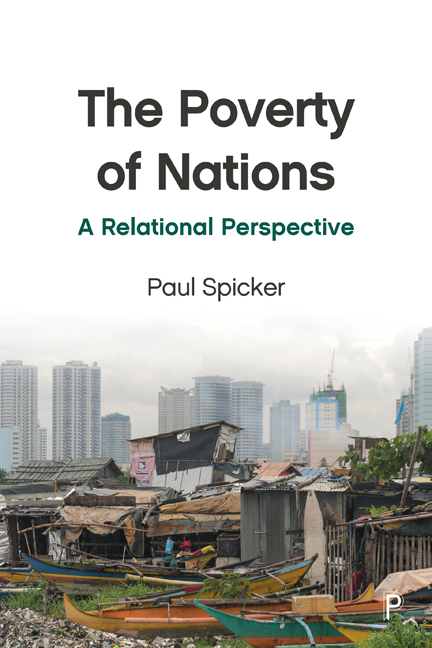13 - Responses to Poverty
Published online by Cambridge University Press: 18 March 2021
Summary
Responsibility for poverty
Who should take responsibility for helping the poor? One of the most prominent perspectives in developed economies is based on an individualist view which blames poor people for their poverty, expects them to improve their situation through their own efforts, and imposes punishments when they fail to do so. There are three parts to that. The first of those statements is based on a moral condemnation of poor people. Commentators and politicians condemn the poor partly because poverty is deeply stigmatised, partly because blaming the poor excuses the rest of us from moral responsibility. The statement at the end is a consequence of moral condemnation. Punishments are sometimes couched in the language of ‘incentives’ – that people need to be ‘incentivised’ or offered inducements to move out of deprivation – or ‘conditionality’, too often taken to mean that if people remain poor they will be subject to penalties, further deprivation, searches and surveillance by those in authority or criminal prosecution. That seems to assume that poverty is a condition that people choose and that the basic problem with it is that it isn't bad enough.
The middle part is that poor people should be expected to improve their situation themselves. This is a very different kettle of fish from the other two parts, because it is something that lots of people would accept from different political perspectives. On one hand, those who believe in the power of markets and free commerce tend to think that the best prospect for the poor is to offer the freedom, choice and entitlements that come from engagement in the economy. On the other, there is a strong radical tradition which argues for empowerment of the poor, increasing their capacity both individually and collectively, the right to make their own decisions and the resources to make them possible.
A different way of answering the question is that poverty is everyone's responsibility. This can sound hollow – if everyone is responsible, no-one is. The moral position behind it is that people are interdependent, that we are all our brother's keeper, that we all have to do what we can.
- Type
- Chapter
- Information
- The Poverty of NationsA Relational Perspective, pp. 183 - 194Publisher: Bristol University PressPrint publication year: 2020



